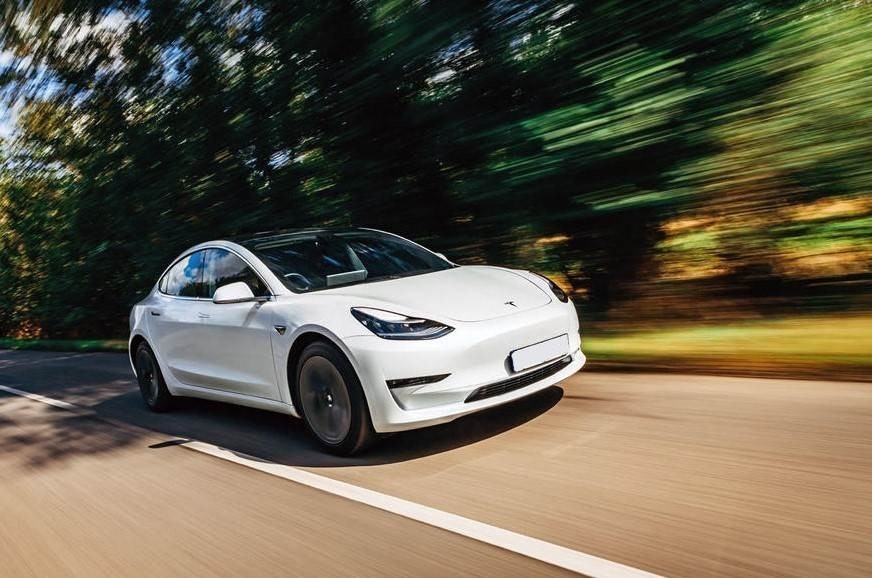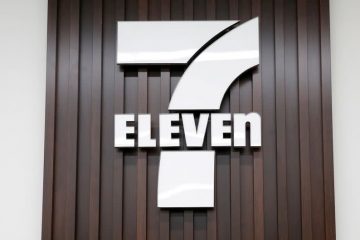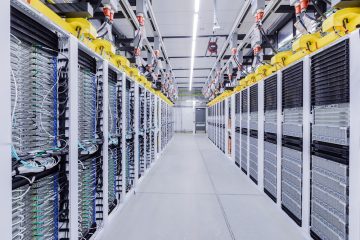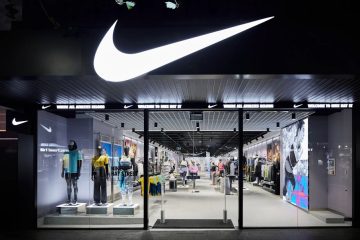Tesla is pulling back from EV charging

Tesla’s recent decision to terminate a significant portion of the team responsible for developing the largest and most prosperous electric-vehicle charging network in the United States has caused the industry to be deeply surprised and uncertain.
The layoffs resulted in the cessation of construction activities at twelve Supercharger sites throughout Texas. Property owners in New York were informed that Tesla has decided to discontinue conversations over the installation of chargers at their locations.
The disruption occurs as the electric vehicle (EV) sector faces challenges in achieving significant sales growth and encountering difficulties in implementing a nationwide network for charging EVs on highways.
The Tesla layoffs were extensive and encompassed staff in the sales force as well as those responsible for managing the building of charging sites, as reported by individuals familiar with the decision. Contractors and executives from other automakers who have collaborated with Tesla on charging infrastructure have reported significant uncertainty regarding the future of Tesla’s charging business.
Several individuals who were terminated from their jobs discovered on Tuesday morning that they were unable to access the company’s computer system. They also received notifications on their layoffs through their personal email accounts.
The mail commenced with the salutation “Dear Employee.” “As you are aware, we have recently made a substantial decision that has wide-ranging implications for the entire organization, including you.”
In a recent internal email delivered on Monday, Chief Executive Elon Musk announced his intention to terminate all members of the Supercharger group. Additionally, the firm’s senior director, Rebecca Tinucci, will be departing from the company.
Last Monday, the world’s most valuable manufacturer reported a significant decline in its first-quarter profit, reaching its lowest level since 2021. Tesla intends to reduce its global workforce by over 10% due to a general decline in consumer demand for electric automobiles.
Tesla has consistently stood out in the disorganized charging industry, surpassing and outshining other firms in order to establish the most comprehensive electric vehicle (EV) charging infrastructure in the United States. This infrastructure is widely regarded as crucial for widespread EV adoption. A reduction in Tesla’s involvement in electric vehicle (EV) charging infrastructure could have a negative impact on the overall growth of the U.S. market for EVs.
Tesla has been expanding its network to accommodate vehicles of many makes and models, while actively seeking and successfully securing public money for charging stations. This development aligns with the Biden administration’s objective of establishing a comprehensive national charging infrastructure. States have commenced the initial disbursement of approximately $5 billion for a highway network, as authorized under the 2021 federal infrastructure legislation.
Some staff were taken aback by the unexpected layoffs. One individual who was terminated from their job stated that although it was acknowledged that the company was in a critical situation, the charging business had been regarded as a top priority by the personnel.
Tesla’s stock had a decrease of around 2% during Wednesday morning’s trading session, following a decline of 5.6% on Tuesday.
The departures also perplexed the charge industry.
Following Tesla’s decision to offer its charging infrastructure to other vehicles, prominent automobile manufacturers made public announcements throughout the previous summer about their intention to adopt the Tesla-designed charging connector. Additionally, they entered into agreements to grant their customers access to the Tesla Supercharger network.
Nick Nigro, founder of Atlas Public Policy, described this as an undoubtedly significant action. Tesla should exercise greater caution in the future as an increasing number of individuals rely on their products. Infrastructure projects sometimes involve numerous locations that are currently being developed, some of which are associated with government awards.
On Tuesday, Musk announced on X that Tesla intends to continue expanding the Supercharger network, albeit at a reduced rate for new locations. The company would prioritize maintaining 100% uptime and expanding current facilities.
The reduction in charging activity is the final setback to the declining increase in electric vehicle (EV) sales. At the beginning of last year, car manufacturers had difficulties in meeting the high demand for electric vehicles (EVs), but the number of willing consumers turned out to be less than anticipated. After an initial surge of buyers, dealers started to express concerns about an excess of unsold electric vehicles occupying their sales spaces by the previous summer. Automakers quickly reduced their plans for electric vehicles (EVs) and instead incorporated more hybrid vehicles into their product offerings, responding to the increasing demand for hybrids.
One of the reasons for the hesitation towards electric vehicles is the underdeveloped charging infrastructure in the country. Enabling automobiles to be recharged within approximately 30 minutes and allowing drivers to easily move from one charging station to another throughout the country is regarded as crucial in ensuring the comfort and confidence of electric vehicle (EV) drivers.
Tesla is renowned for constructing charging stations at a lower cost and with greater speed compared to its competitors. The number of charging ports installed by the firm EVAdoption has increased by around 19% this year through March, reaching a total of 1,526. The number of pieces of equipment is more than four times greater than the closest charging supplier.
Andres Pinter, the co-CEO of Bullet EV Charging Solutions, a subcontractor responsible for constructing twelve Supercharger stations in Texas for Tesla, stated that all twenty of their contacts at Tesla had been terminated. Pinter has received a slew of bounceback emails indicating that the email address is no longer valid. Any future emails sent to this address will not be received, but no other form of communication from the organization will be affected. He temporarily suspended construction activities at the locations.
A deceleration in Tesla’s production and sales could create an opportunity for other companies to enter and capture a share of the market. Carleen Cullen, co-founder and executive director of Cool the Earth, suggests that other companies constructing charging networks should take advantage of the recent decrease in activity.
According to Cullen, Tesla’s cautious approach of gradually improving stations for better reliability may cause temporary market disruption, but it will ultimately lead to a more robust and competitive environment.










